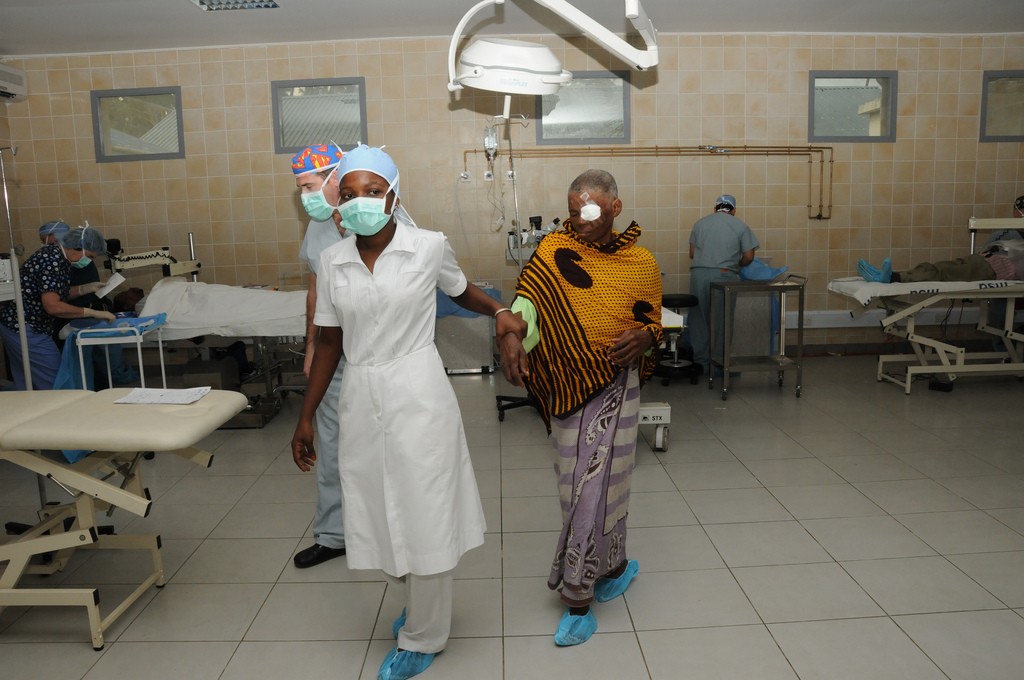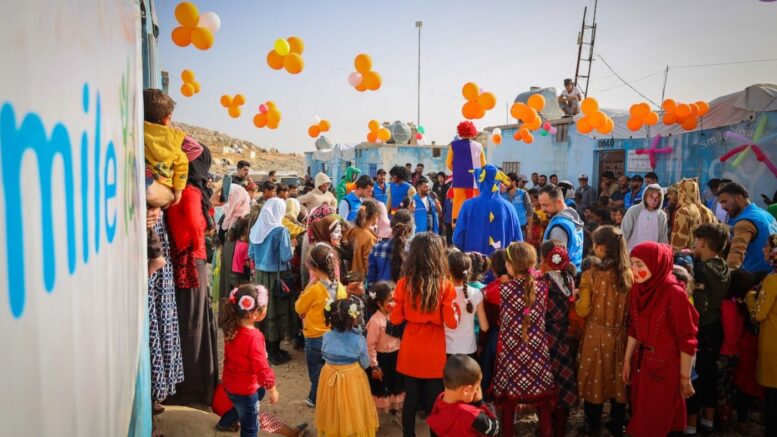As we navigate through the intricacies and complexities of today’s world, it is essential to turn our attention toward those who find themselves displaced due to war, strife, and extreme conditions in their homelands. These individuals, known as refugees, have braved the unthinkable in pursuit of safety and a better life, often leaving behind all they’ve ever known. Their journey, fraught with uncertainties, seeks only one destination – a safe environment where they can rebuild their lives. In this document, we aim to discuss and explore the best ways to secure such an environment for refugees, one that is not only physically safe but also emotionally supportive, respectful of human rights, and conducive to personal growth and societal integration.
Establish Comprehensive Asylum Policies
This includes a robust system for identifying and processing refugees in a timely manner while respecting their rights and dignity. Such a system should include clear criteria for determining eligibility, access to legal counsel and due process, and an appeals process. Moreover, asylum seekers should be provided with information about the type of assistance they may receive during their stay in the host country.
Access to Basic Amenities and Services
Refugees should have unhindered access to basic necessities such as clean water, food, shelter, and healthcare. Adequate living conditions play a pivotal role in ensuring their physical well-being and instilling a sense of security. From the restrooms, bunk trailers, and handwashes used in disaster relief to the refugee housing used in long-term resettlement, quality, and hygienic accommodations are essential to protecting lives. Furthermore, access to educational and vocational training can give refugees an opportunity to gain skills, become self-sufficient, and contribute to their host country’s economy.
Ensure Education for Children
Offering education opportunities, especially for children, is crucial for their development and provides a sense of normalcy and stability in their turbulent lives. Care should be taken to ensure that schools provide a safe environment for children, both physically and psychologically while providing them with quality education. This can include special classes dedicated to refugees, language lessons, and counseling sessions.
Support for Mental and Emotional Health
Refugees often face severe psychological stress. Providing access to mental health services can help them cope with their experiences and facilitate their integration into the new environment. Counseling and group therapy can be particularly beneficial in helping them process their feelings, develop healthy coping skills, and learn the necessary social skills to interact with the host country’s citizens.

Promote Economic Opportunities
Refugees need to be economically empowered. This can be achieved by providing them with job opportunities and vocational training, which will help them attain financial independence. Furthermore, offering entrepreneurial support and access to capital can open new opportunities for refugees. This could include micro-loans, targeted grants, business incubators, and other initiatives that will allow them to start their own businesses.
Legal Protection and Support
Refugees need legal protection from exploitation, abuse, and discrimination. Establishing policies and systems to protect their rights and providing them with legal aid when necessary can create a safe environment for them. These could include mechanisms for reporting abuse, access to legal representation, and support from advocacy organizations. More importantly, refugees should be educated about their rights and given the necessary information to seek help if they experience any form of exploitation or discrimination.
Encourage Community Integration
Encouraging refugees to participate in community activities and events can help them build relationships with locals and foster mutual understanding and respect. Host countries can also take steps to build bridges between refugees and their host communities, including initiatives such as language classes, job fairs, cultural events, and community-based organizations. Such activities can help refugees feel welcome and safe in their new environment.
Conclusion
It is essential that we create a safe environment for refugees as they seek refuge from persecution, conflict, and danger. Establishing strategies for physical safety, legal protection, economic opportunities, mental and emotional wellness support, education access, and community integration can have a lasting impact on refugees’ lives. Host countries must also recognize the value of diversity in their communities and take steps to ensure that all individuals – regardless of race or nationality – are respected and included in society. By doing so, we can build a more compassionate and equitable world for everyone.
